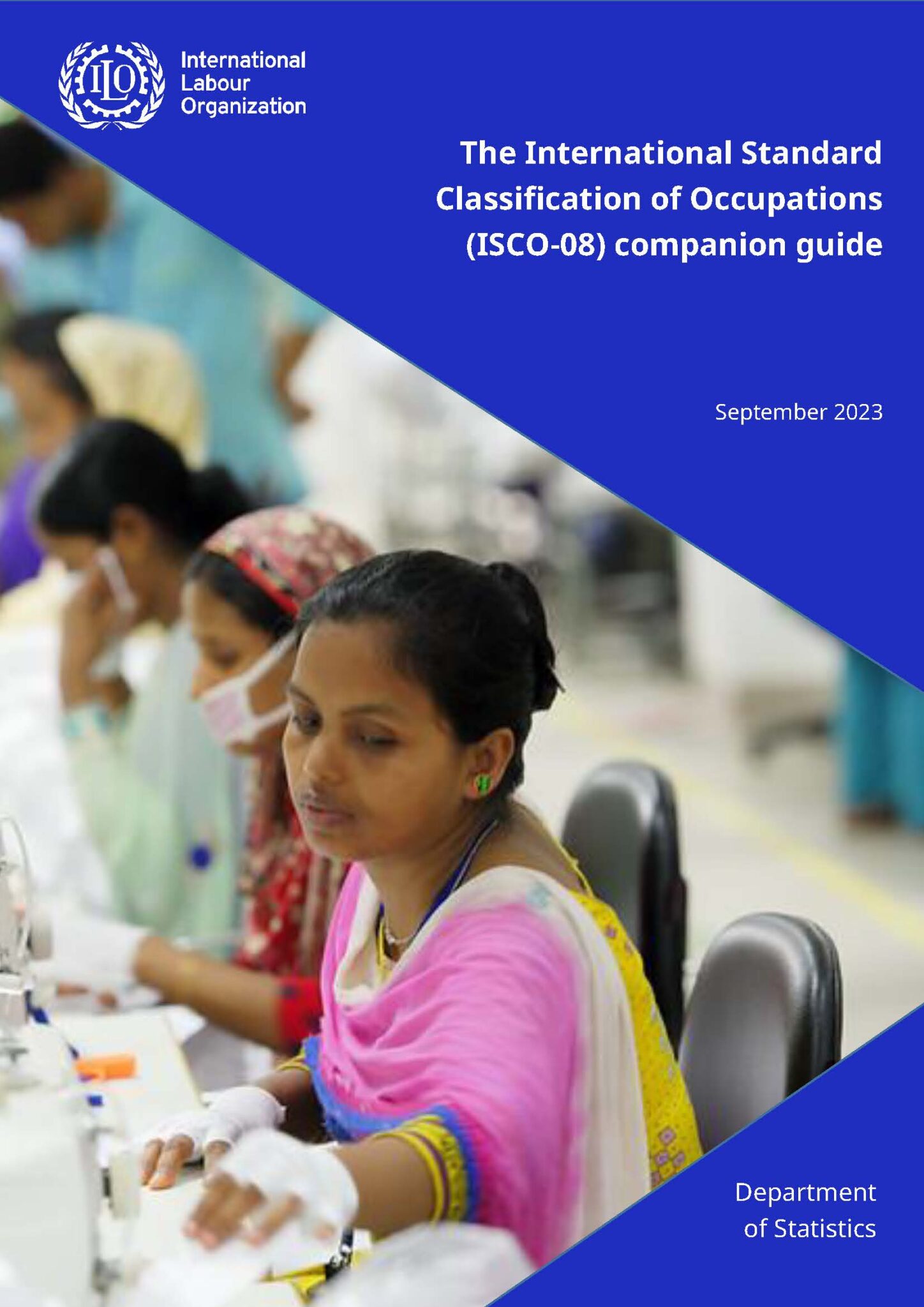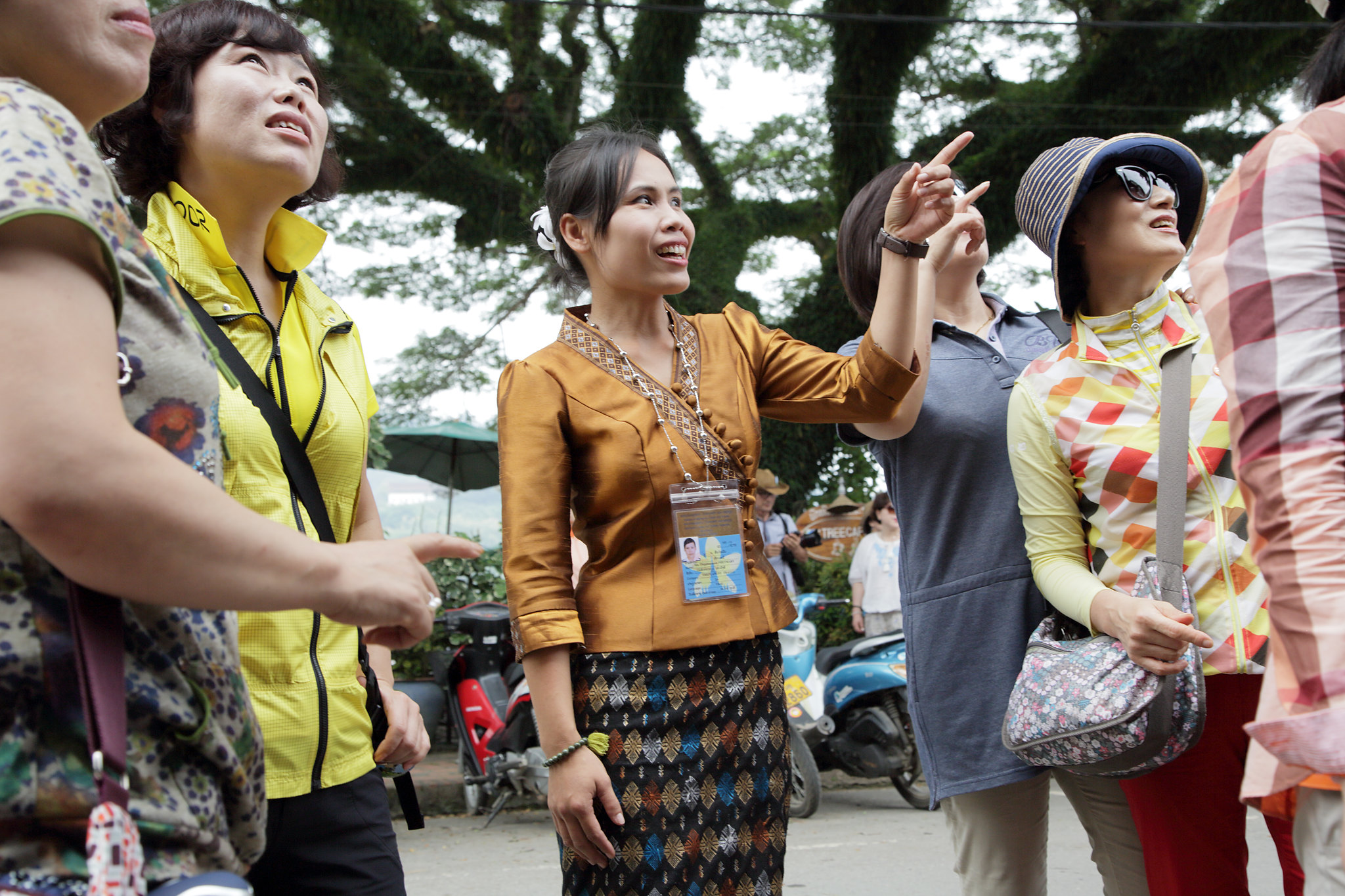
Where women work: female-dominated occupations and sectors
Despite women breaking barriers in science, technology, engineering, and mathematics (STEM) occupations and some overcoming obstacles in leadership roles, the transformation of the gender landscape in the workplace remains somewhat limited. Explore the latest insights from the new ILO database Worker and Sector Profiles.
Where women work: female-dominated occupations and sectors Read More »








